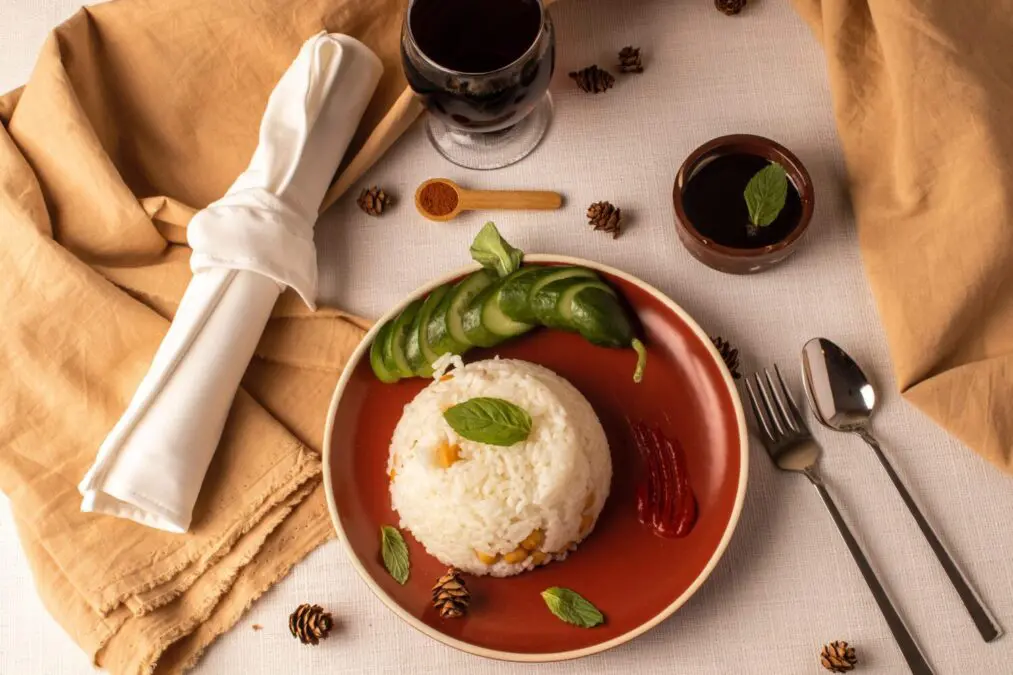The younger generation is drinking less alcohol than their parents, a move that has affected taxes on drinks such as rice wine sake. The national tax agency therefore entered into a national competition for ideas to reverse the trend.
The campaign “Sake viva!” hopes to come up with a plan to make drinking more attractive and boost the industry. The competition invites young people aged 20 to 39 to share their business ideas to boost demand among their peers, whether it’s Japanese sake, shochu, whisky, beer or wine.
The group that runs the contest claims that new habits – partly formed during the covid pandemic and an aging population – have led to a drop in alcohol sales, the BBC reported. She wants contestants to come up with promotions, branding and even cutting-edge plans involving artificial intelligence.
Japanese media say the reaction has been mixed, with some criticizing the proposal for promoting an unhealthy habit. But others have posted strange ideas online — such as famous actresses “playing” as virtual reality hostesses in virtual clubs.
Participants must submit their ideas by the end of September. The best plans will then be developed with the help of experts. Final proposals to be presented in November.
The campaign’s website says Japan’s alcohol market is shrinking, helped by the country’s aging demographics – along with a declining birth rate. The latest figures from the tax agency show that people drank less in 2020 than in 1995, with the number falling from 100g a week to 75g.
Tax revenue from alcohol taxation has also shrunk over the years. According to The Japan Times newspaper, in 1980 they accounted for 5% of total revenue, and in 2020 they are only 1.7%. The World Bank estimates that almost a third (29%) of Japan’s population is aged 65 and over, the highest proportion in the world.
Concerns about the future of sake are not the only problem facing the Japanese economy – there are concerns about the supply of younger workers for certain types of work, as well as about caring for the elderly in the future.
Photo by Servet photograph / pexels







